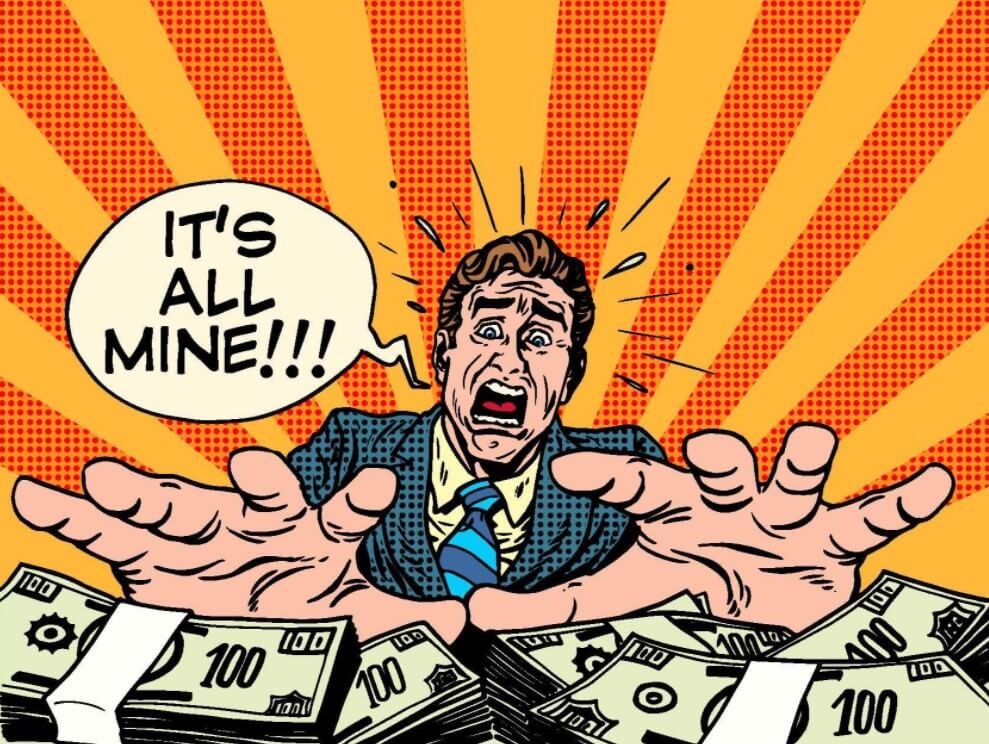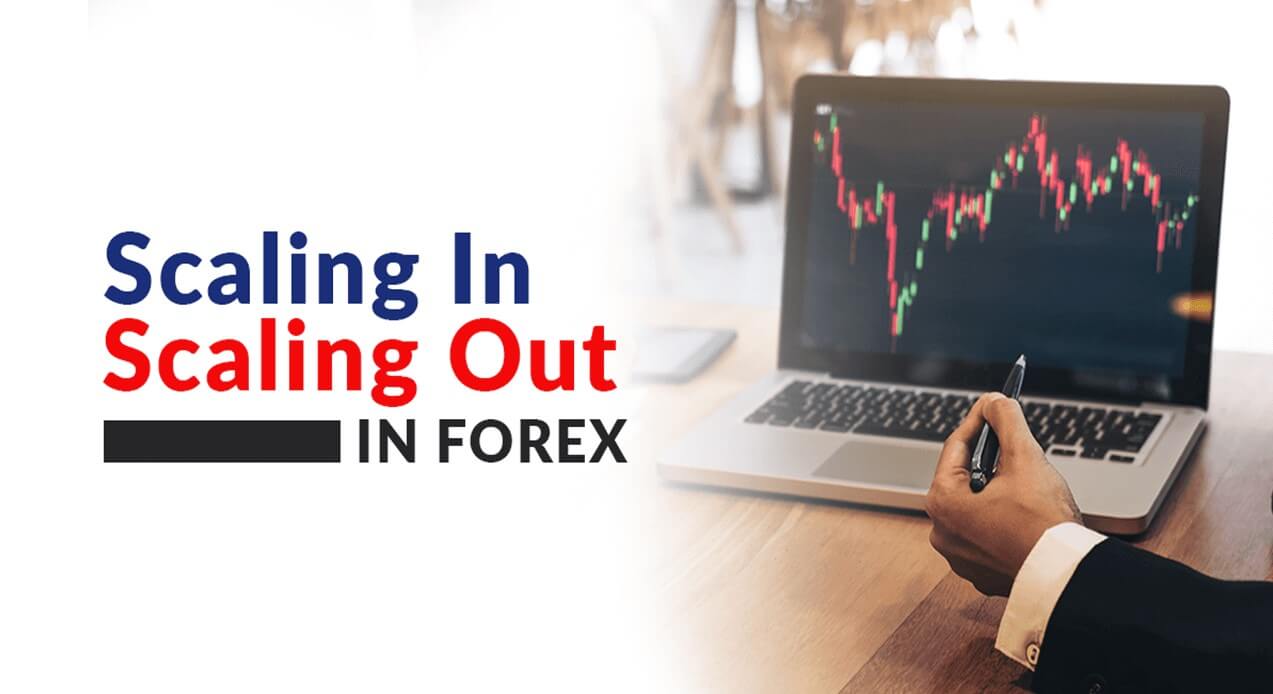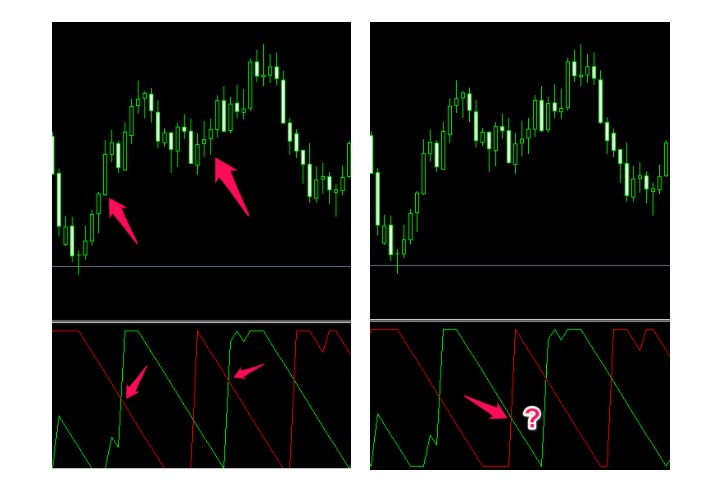Becoming a successful forex trader takes a lot of hard work and determination. It’s easy to get so caught up in things that we can miss signs that we should be doing things differently. This can result in bigger problems down the road and cause us to lose money or become stuck in the same rut with zero improvements.
If you’ve already started your forex trading career, you should use our self-evaluation checklist to see if you’re making any common mistakes. Hopefully, this checklist will help to outline problems that you may not realize are hurting you. Ask yourself these questions:
- What tone does your inner voice take when you’re trading? Is it angry and frustrated, or relaxed and focused? If someone could hear your thoughts, what would they say to you?
- Is your strategy based on solid facts about the market, or do you make loose decisions that are based on thin air? Could your strategy use some improvement?
- Do you ever take the time to improve yourself when it comes to forex trading? Do you invest time in learning new things and perhaps practicing on a demo account, or are you stuck in your old ways?
- Do you think your losses could be lowered with better risk-management precautions? Do you ever throw caution to the wind when it comes to risk-management and later regret it?
- Once you incur a loss, do multiple losses tend to follow? Could it be that you allow emotion to cloud your judgment when you’re down, or do you fall victim to risky tactics like revenge trading?
- Can you recognize when you need to take a break from trading? Have you ever continued to trade while feeling anxious or fearful, only to make bad decisions? Has a stressful life event ever caused you to become distracted while trading, resulting in losses?
- What is your general mood when you finish trading? Are you fulfilled and happy, or overwhelmed and stressed?
- Could you possibly be addicted to the rush of trading? Are you often borrowing money from others or using money that is needed for bills and necessities to trade with?
- Do you make trades because they are good moves, or because you’re craving the excitement or self-esteem boost that trading can provide?
- What are your short-term and long-term goals? Do you think those goals are realistic or far-fetched?
- Are you investing enough time into trading? Are you focusing on trading full-time, or is this just a part-time activity? Are your expectations in tune with the amount of energy you put into trading?
- Do you think you have the right attitude to be a successful forex trader? When you lose, do you beat yourself up or learn from your mistakes?
- Do you keep a trading journal? Do you think that your strategy could be improved by taking the extra effort to document your decisions?
- Can you find the humor in losing and move on easily, or do you become fixated on everything you lose and allow bad days to overcome you?
- How focused are you when you’re trading? Are you in the zone, or are you often distracted by background noise and other thoughts? Would a quieter environment benefit you?
Answering these questions honestly can cause substantial growth in your Forex trading career. Only when one can look inward can true improvement be made.




